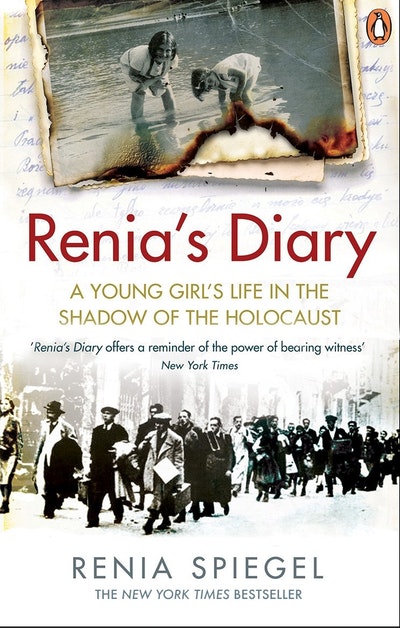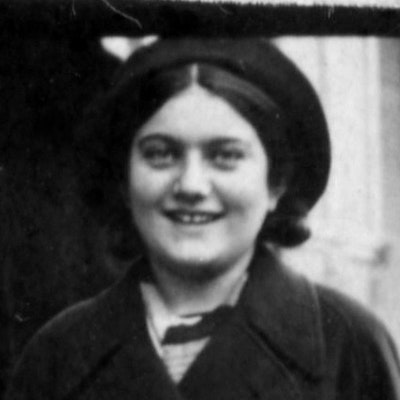- Published: 29 September 2020
- ISBN: 9781529105063
- Imprint: Ebury Press
- Format: Paperback
- Pages: 480
- RRP: $50.00
Renia’s Diary
A Young Girl’s Life in the Shadow of the Holocaust
- Published: 29 September 2020
- ISBN: 9781529105063
- Imprint: Ebury Press
- Format: Paperback
- Pages: 480
- RRP: $50.00
Astonishing... A new invaluable contribution to Holocaust literature
Robin Shulman, Smithsonian Magazine
A work which shows us that the worst atrocities of the twentieth century did not happen overnight, they happened slowly and painfully against the backdrop of the lives and loves of ordinary people
Andrew McMillan, author of physical and playtime
A terribly poignant work that conveys the brutal reality of the time through intimate connection with a young person
Kirkus Review
Moving [and] riveting... this epic, layered story of survival serves as an important Holocaust document
Publishers Weekly
Recall[s] moments of intense happiness in the gathering gloom
Will Pavia, Times
Simultaneously devastating and astounding... incredible
Stylist
At a moment when basic agreement over simple truths has become a political battleground and history a weapon, the publication of the book, Renia’s Diary, offers a reminder of the power of bearing witness
Joanna Berendt, New York Times
It is as though the murderous machine of Hitler's vision and the barbarity being brought upon her people couldn't silence the integrity of her voice... Renia emerges as a poet of real lyricism and emotional heft, which makes her demise all the more tragic
Hilary A. White, Irish Independent
Extraordinary... It is a privilege to read these pages, and an impertinence to review them. Renia Spiegel was an astonishingly brave girl who developed into a remarkable young woman. (5* review)
Frances Wilson, Daily Telegraph




